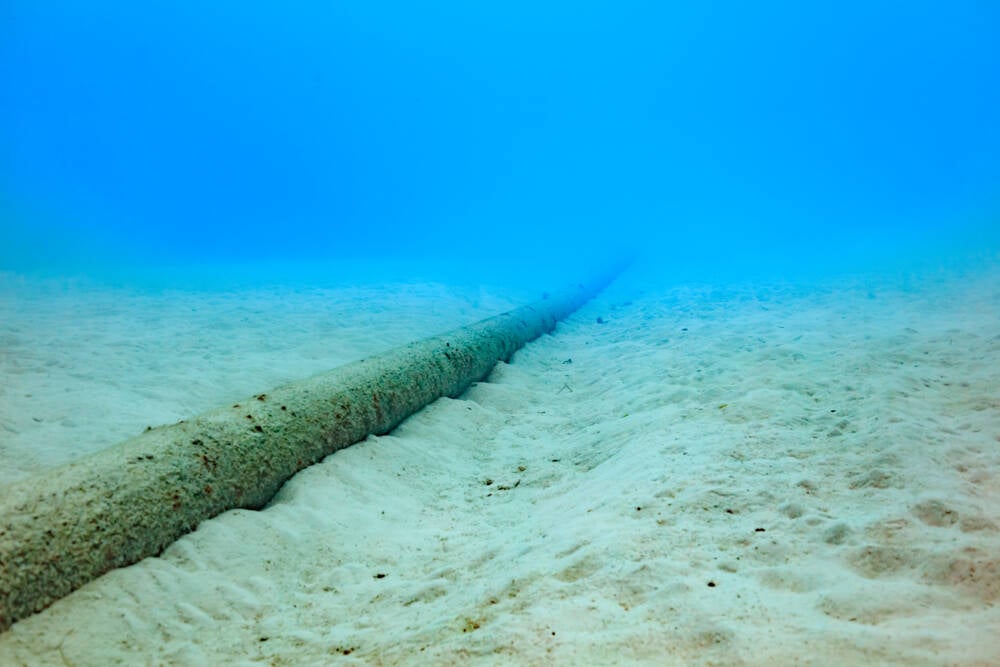
"The Committee's report, released on September 19, calls the government "too timid" in its approach to protecting the cables that snake from the UK to various destinations around the world. It warns that "security vulnerabilities abound" in the UK's undersea cable infrastructure, when even a simple anchor-drag can cause major damage. There are 64 cables connecting the UK to the outside world, according to the report, carrying most of the country's internet traffic."
"These cables are invaluable to the UK economy, but they're also difficult to protect. They are heavily shielded in the shallow sea close to those points. That's because accidental damage from fishing operations and other vessels is common. On average, around 200 cables suffer faults each year. But as they get further out, the shielding is less robust. Instead, the companies that lay the cables rely on the depth of the sea to do its job."
UK undersea cables carry most internet traffic and handle £220 billion in daily financial transactions. Sixty-four cables connect the UK to the outside world while satellites account for only about five percent of global traffic and cannot meet volume or cost requirements. Nearshore cables are heavily shielded to mitigate frequent accidental damage from fishing and vessels, but deeper cables rely on sea depth for protection. Around 200 cable faults occur each year. Concentrations of traffic on limited landing sites, such as two transatlantic cables in Bude, Cornwall, create potential vulnerabilities despite redundancy in routing. Stronger protective measures are required.
Read at Theregister
Unable to calculate read time
Collection
[
|
...
]